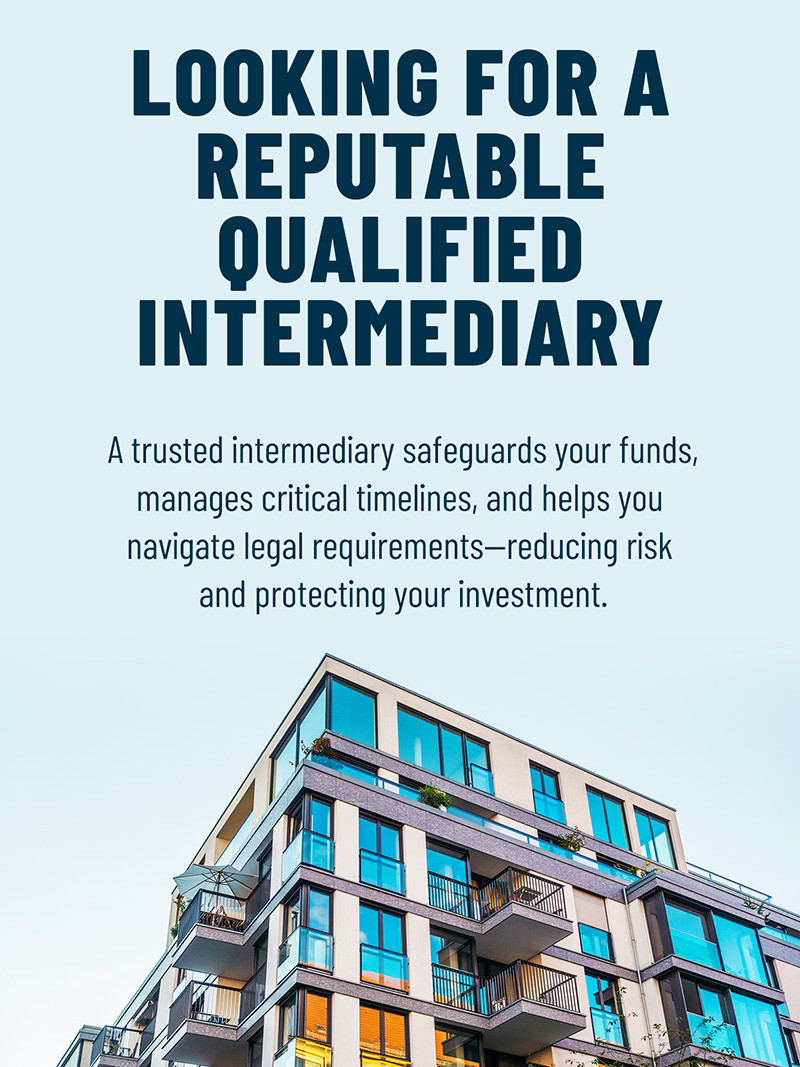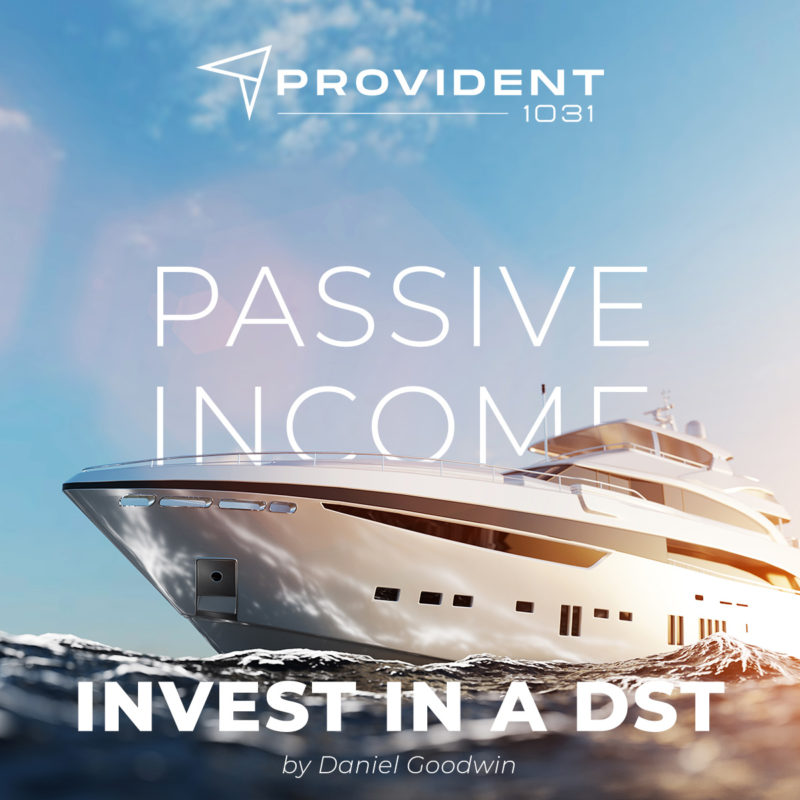Delaware Statutory Trusts Attract Real Estate Investors In Droves

In the last twelve months, billions of American real estate investment dollars have poured into DSTs (Delaware Statutory Trusts) via the 1031 Exchange process.
What is a Delaware Statutory Trust?
A Delaware Statutory Trust, or DST is a legal entity formed under Delaware law that allows investors to own undivided fractional ownership interests in professionally managed institutional-grade real estate offerings around the United States. The interests can be owned by individuals or by certain entities. DSTs are offered and available only to accredited investors and entities.
The type of real estate owned in a DST is typically:
Many 1031 exchange DST investors are at a point in life where they are ready to relinquish the day-to-day headaches of owning real estate and are seeking a more passive way to earn monthly tax-favored real estate income.
The IRS recognized DSTs as “replacement property” for 1031 exchange purposes. Thus, the purchase of an ownership interest in a DST is treated as a direct investment/interest in real estate, which satisfies the requirement of IRS Revenue Ruling 2004-86. The origin of the 1031 exchange goes back to the 1920s which makes it a long-standing and stable aspect of tax law.
In many cases, DSTs may also be an attractive investment vehicle for non-exchange investors seeking diversification and exposure to institutional grade real estate. Rather than utilizing a 1031 exchange, These investors invest cash funds which are also accepted for investment according to each firm’s minimum requirements.
A Delaware Statutory Trust can offer investors highly tax-favored treatment regarding monthly distributions due to the nature of the unit investment trust. In this type of trust, real estate is purchased for the trust, and income is distributed to the investors via the sponsors’ performance, which can be evaluated in the offering Private Placement Memorandum. The trust is not considered a taxable entity and, therefore, all the profits, losses, etc., are passed through directly to the investors. Investors participate in depreciation and amortization in the same manner as an investor who owns a 100% ownership interest in their own real property would.
10 Top Reasons People Choose DSTs As a Replacement For Their 1031 Exchange
- Potential Better Overall Returns and Cash Flows ~ Many real estate investors may not be earning the cash flows they think they are. An investor wanting to determine their cash flows can take their net rental income from Schedule E, add back depreciation, and then subtract the principal portion of their payment.
Next, divide that number into the property market value. For example, if one had net rental receipts of $50K and $10K depreciation, and also $10K of principal payment, then the net number would be $50K. If the property value is $1MM, then the investor would have a 5% cash flow. DSTs could potentially offer a better cash flow and risk-return profile while at the same time offering an investor a passive alternative. - Tax Planning and Preserved Step-Up In Basis ~ DSTs offer the same tax advantages of real estate that an investor would own and manage themselves. Depreciation and amortization are passed along to DST investors in proportion to their share. DSTs can be exchanged again in the future into another DST via a 1031 exchange. DST hold times average from 5 to 7 years. See your tax advisor for more clarification and for specific tax advice when evaluating DSTs as an option for your 1031 Exchange.
- Diversification ~ Many DST holdings own multiple assets within one DST structure. For example, an investor might exchange one apartment building for a portfolio of 10-15 Walmart Stores and/or Walgreens and other single-tenant triple net leases inside a DST structure.
- Loss Of Ability Or Desire To Manage Properties ~ Sometimes we hear of a client who is aging and no longer has the health, time, or desire to manage their own real estate investments. DSTs can offer a great passive option while preserving the desire to be invested in real estate.
- Freedom ~ Passive investing allows older real estate owners the time and freedom to travel, pursue other endeavors, spend more time with family and/or move to a location that is removed from their current real estate assets.
- As A Backup Strategy ~ In a competitive market an investor may be unable to find a suitable replacement property for their 1031 Exchange. DSTs make a great option and should be named/identified in an exchange if only for that reason. Investors have 45 days to identify and 180 days to close or the tax-free exchange will be disallowed by the IRS.
- Capture Equity In A Hot Market ~ When markets are at all-time highs, investors may want to take their gains off the table and invest again using the leverage inside a DST offering.
- Protect The Family ~ A family can be vulnerable when only one spouse knows how to manage real estate investment assets. With passive DSTs, the management is effectively outsourced, which can protect a family should one spouse no longer have the capacity to take care of his or her own interests.
- Avoiding Ongoing Repairs On Active Managed Property By Going Passive ~ Real estate investors know that one day they may have to replace expensive roofs, AC units, foundation repairs, potential lawsuits and other surprise expenses that come with investing in real estate. DSTs may protect investors from surprise expenses.
- Central Part of Retirement and Estate Planning ~ DSTs can offer many retirement, tax, and estate planning options. Passive income, elimination of personal liability, freedom, ability to manage cash flows and wealth transfer are just a few of the opportunities that DSTs can afford investors and their Retirement Planners.








